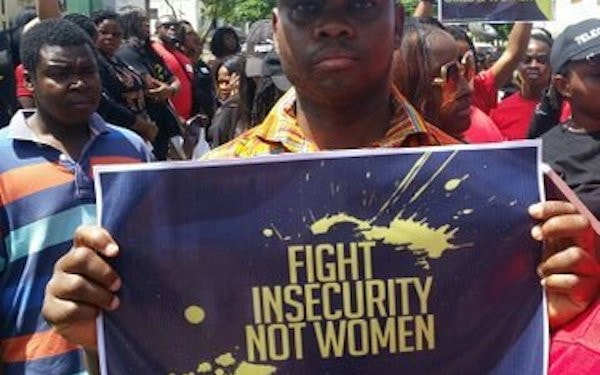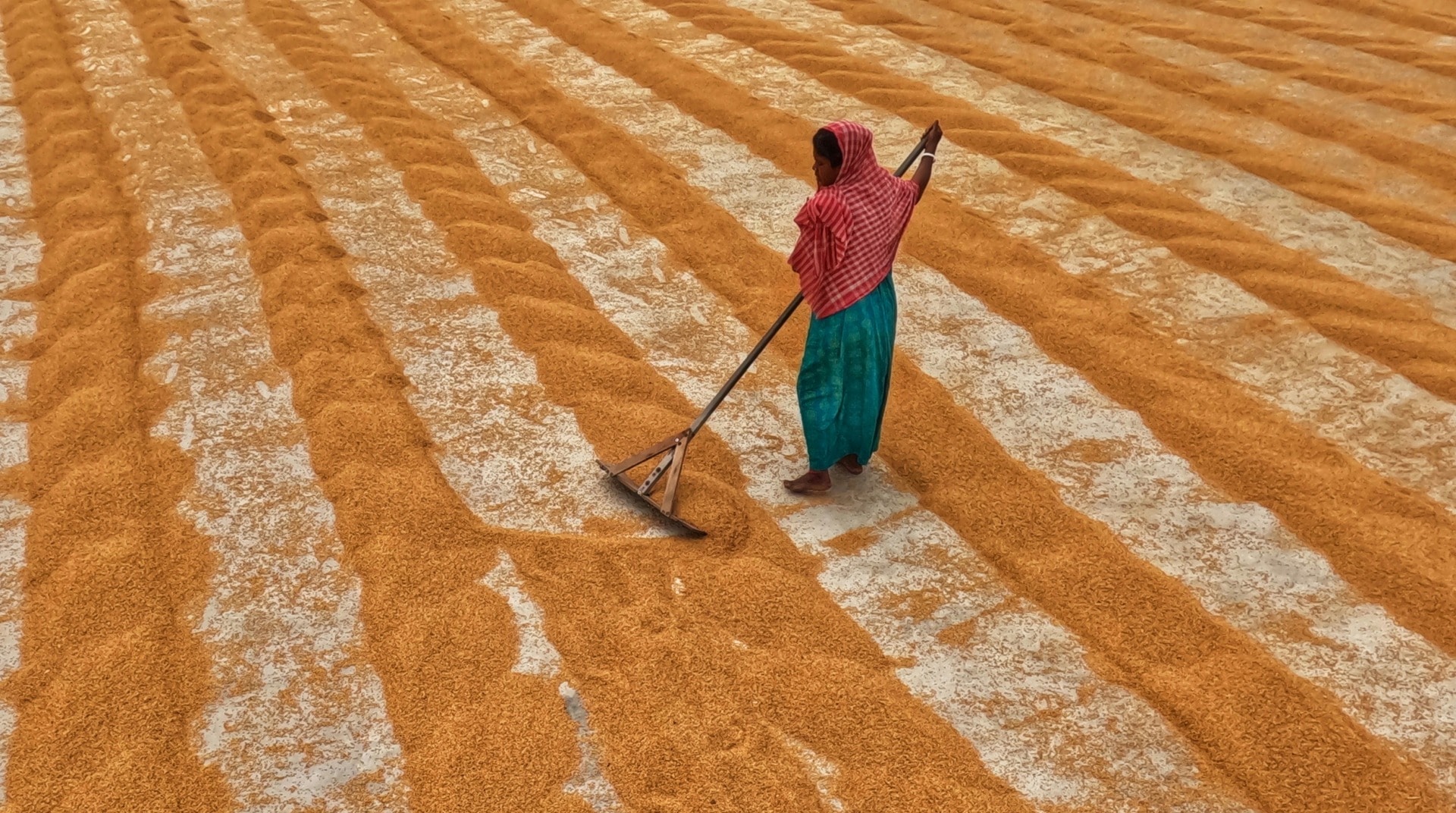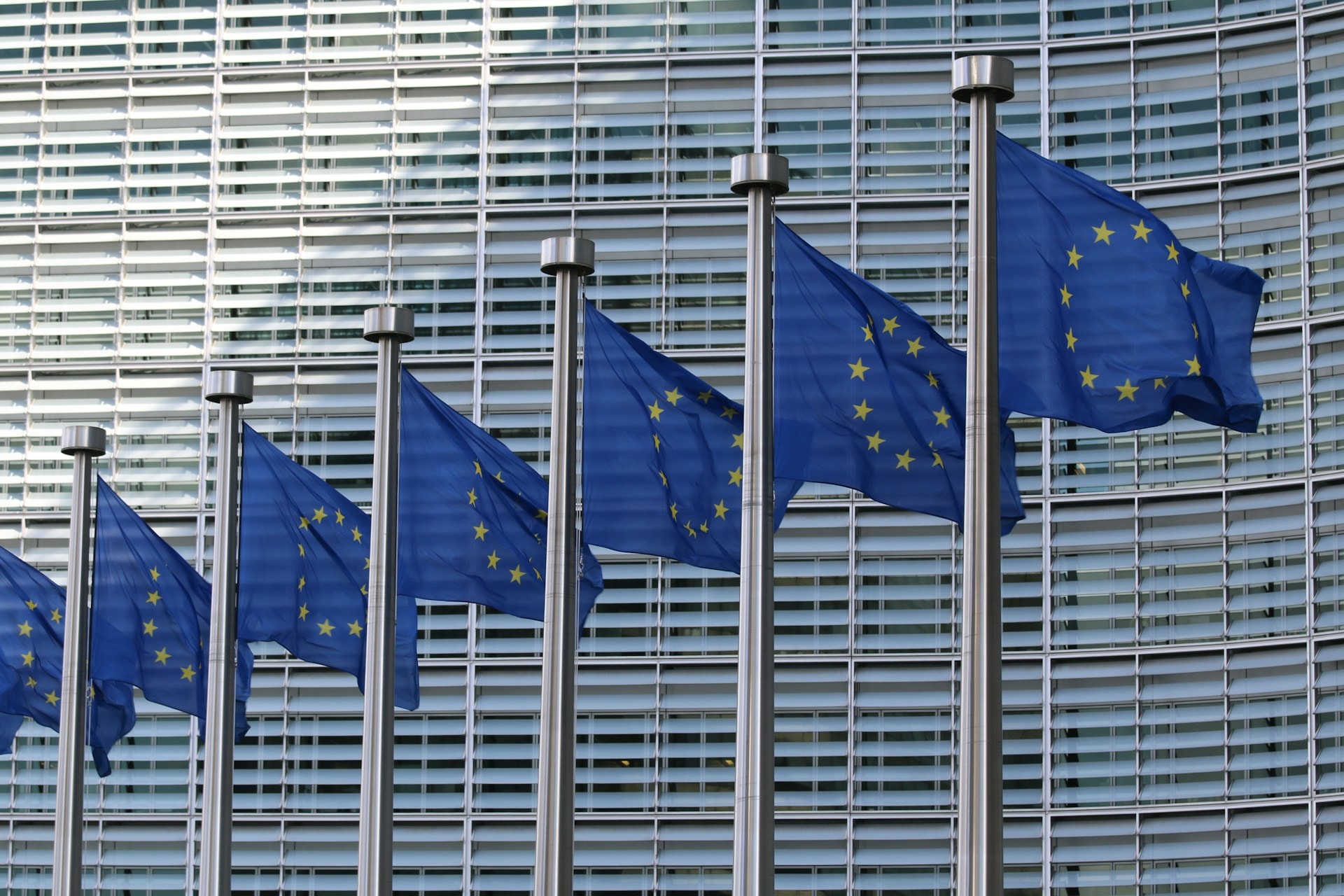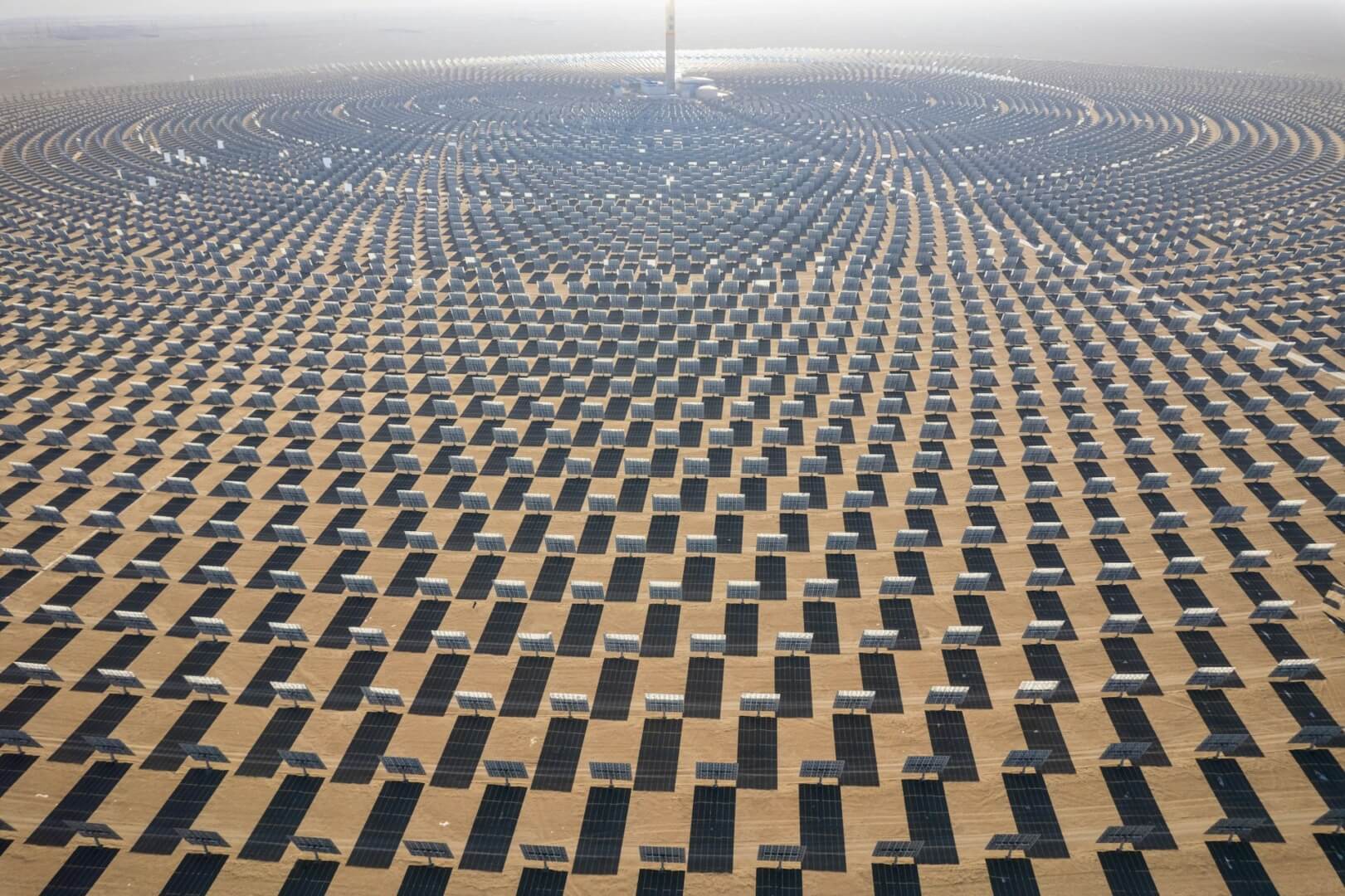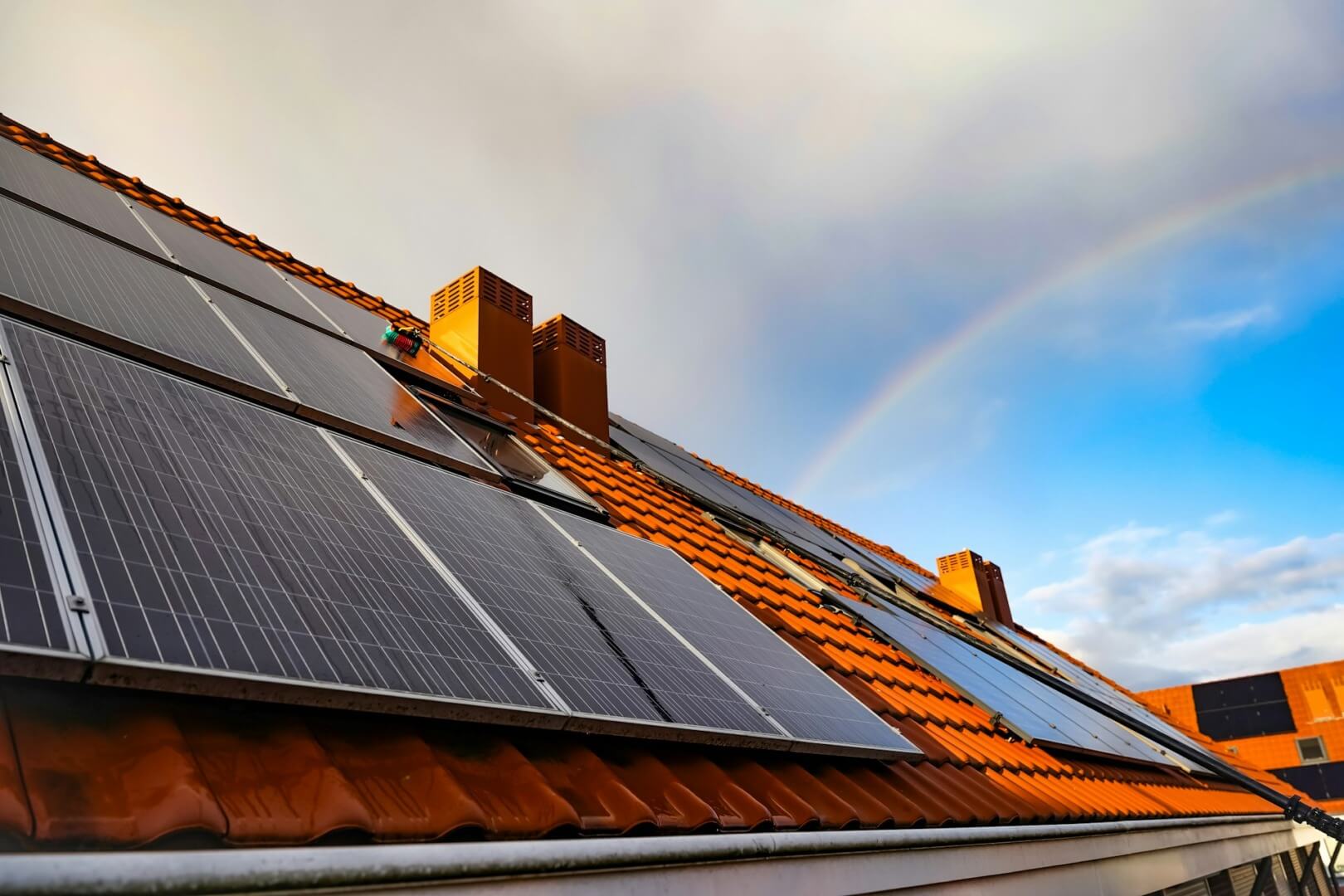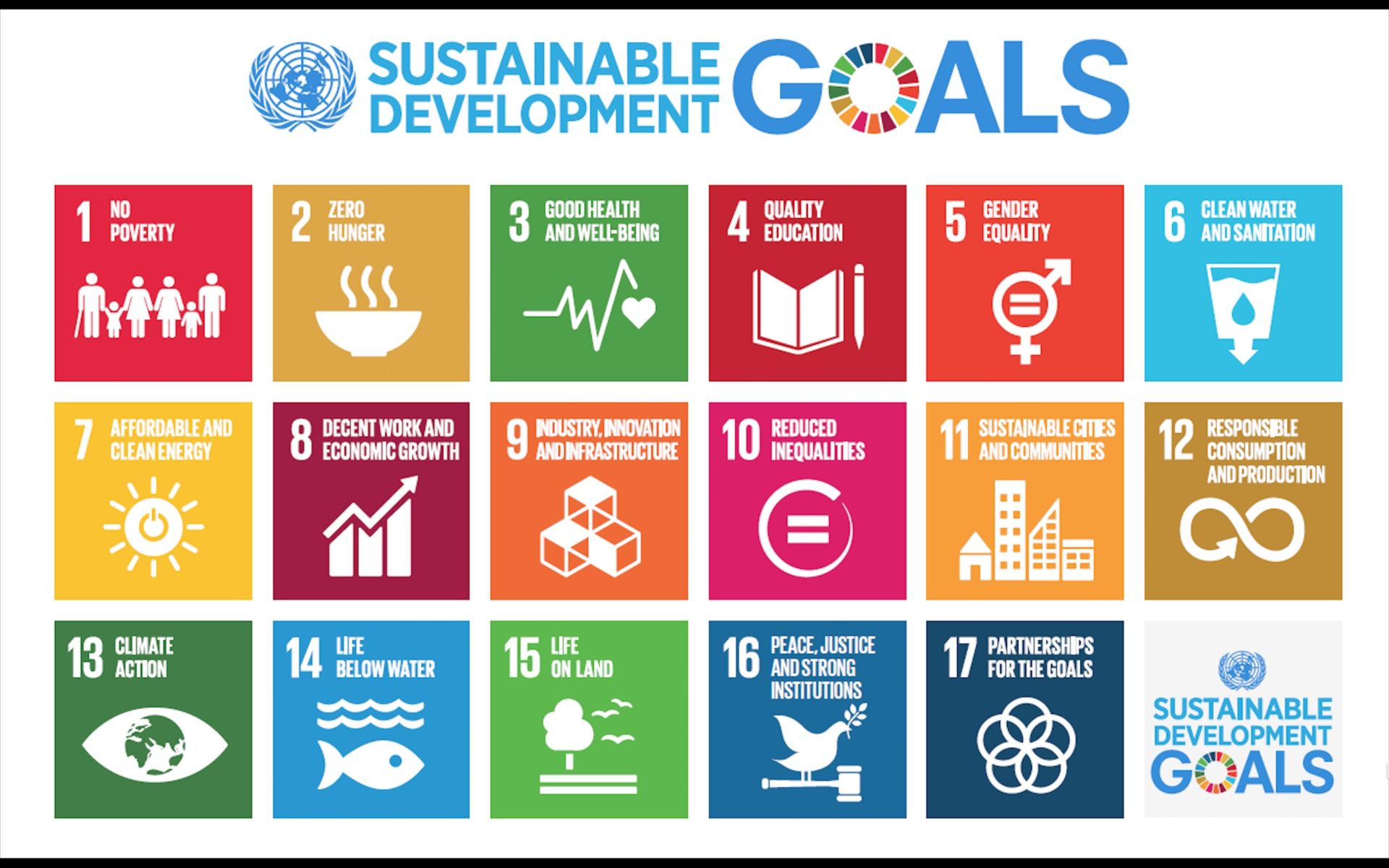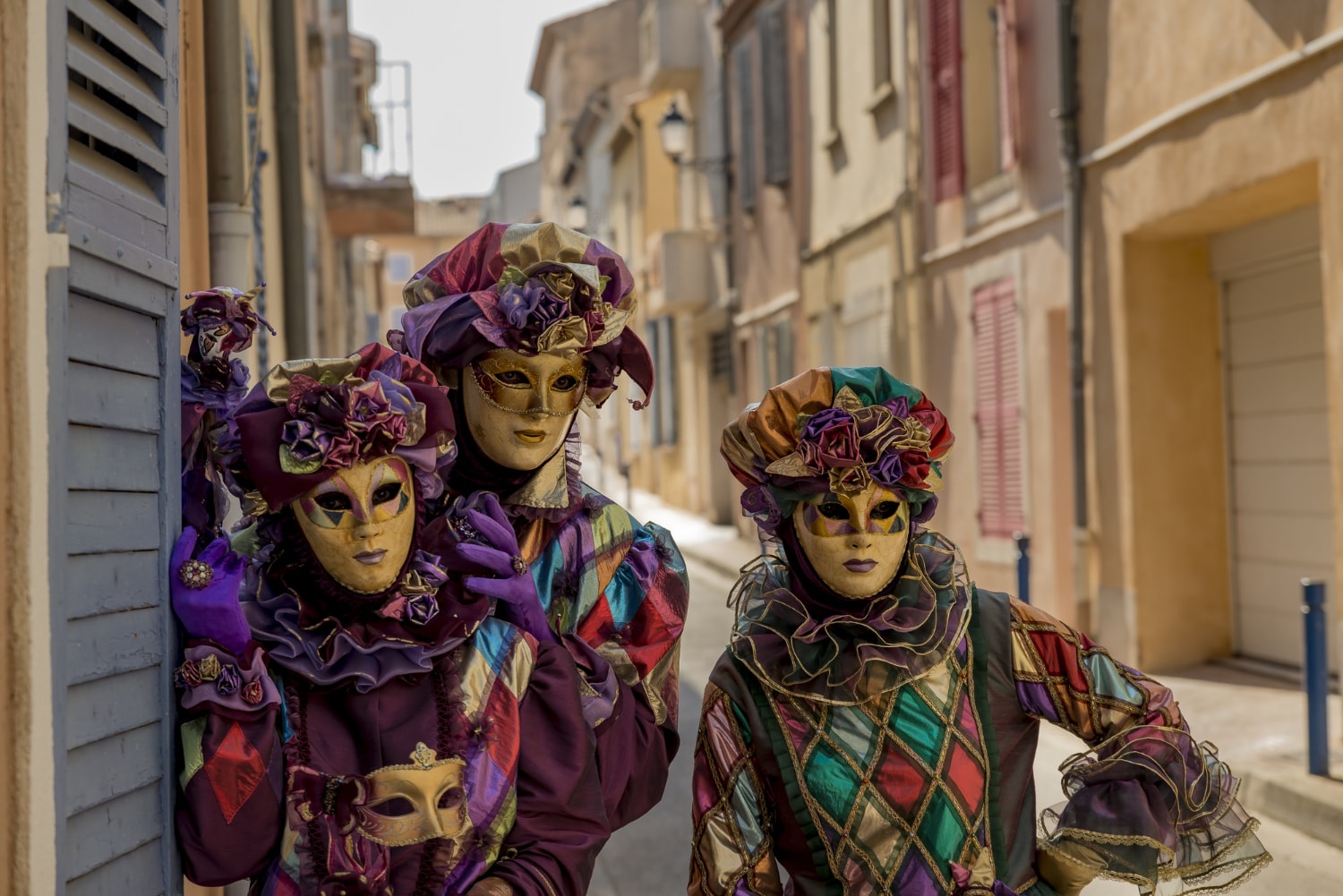The concept that women’s rights activism and women’s empowerment are tasks for women and women-led organizations is indeed obsolete and largely condescending. In the fight against the global pandemic of violence against women, women have led the way, likely because statistics show the staggering number of incidents against women and girls. These days, the movement towards ensuring that women and children remain safe and secure in homes and cities across the world has assumed a multi-stakeholder type of activism. This conglomeration was recently demonstrated in the city of Abuja, when the entire city stood up to fight for women and children.
Nigeria’s capital city, Abuja, was jolted recently when news broke about a police raid, arrest, and unlawful detention of women by officials of the city’s Environmental Protection Board. Over 70 women were picked up from streets, night clubs and various other locations for being out in the city unaccompanied. Not only were they arrested and detained, but several of them were further humiliated, tortured, and sexually assaulted in custody by the policemen who arrested them. Most alarming of all were the harrowing accounts by the women of the police officers using plastic bags from water sachets as condoms for the debasing acts.
It was not the first account of women in Abuja suffering through such humiliating experiences as punishment for supposedly engaging in inordinate behavior. Police in Abuja randomly raid and arrest women in the city, labelling them as prostitutes to justify the arrests. Perhaps it was the frustration towards the endless harassment of women in the city by law enforcement officials, or perhaps the city had finally risen to the spirit of the #MeToo movement across the world. Whatever the case, the public outrage that spilled over into protests and marches across the city was unprecedented.
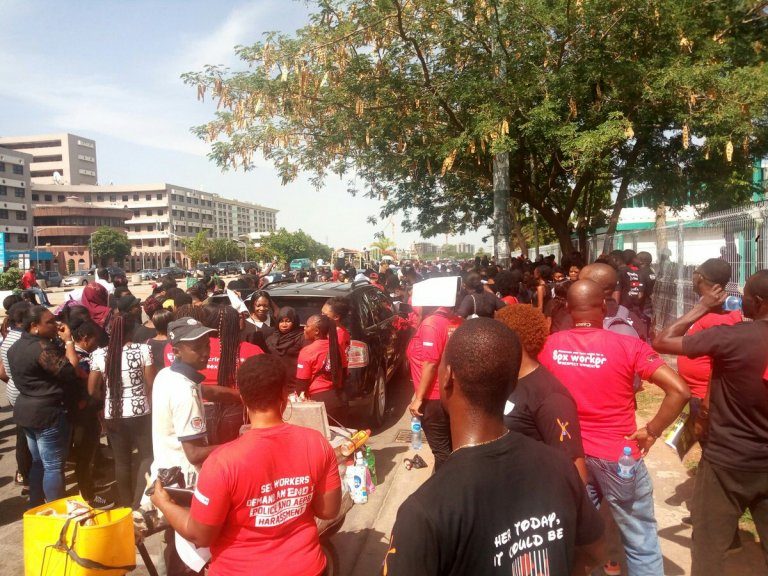
The city rose as one. Women and men from different platforms and from diverse groups protested and demanded justice for the women whose rights were violated and senses of self-worth were diminished by authorities who have the cardinal responsibility of making the city safe for all. The public interest in this specific case was expressed through online and street protests, radio and television interviews, articles in newspapers, and on online blogs. The level of the case’s publicity forced the respective government agencies to step up in different, more effective ways.
An investigative team was set up by the police to examine the conduct of their officers during the raid. As it effects women and girls, the National Human Rights Commission also held a public hearing to address complaints and investigate acts of human rights violations committed by the Joint Task Force of the Police and the Environmental Board. While the full reports of the various committees and investigative panels are still in progress, it is worthy to note that never had agencies in Nigeria’s capital woken up so simultaneously on a single-issue affecting women in their area of authority. So, what changed?
Editor’s Picks
#IAmToufah Makes the Message Clear: We Will Not Wish The Rape Crisis Away
The Stigmatisation of Rural Teen Mothers in Zimbabwe
The incremental change was not in the number of people that marched through the streets of the capital, chanting and calling for justice, nor was it in the spontaneity of the gathering in the face of the well-publicized attacks against women. It was not in the number of women that courageously recounted their experiences of abuse with the knowledge that the system failed them. Though, by so doing, they fought shame, labeling, and societal stigmatization. They stood for their rights as guaranteed by the Constitution and didn’t allow their situations to be interpreted by an often patriarchal moral or religious code.
The change that occurred was in the public support and the unity in condemnation of the police officers from everyone in the city. It occurred in the critical mass of people that took ownership of the issue, making it more likely for the government to pay attention to the entrenched and systemic injustice of violence against women. From the breaking of the news to the hearings and interventions by different agencies and departments of government, there was a sustained momentum by all groups without which the demonstrations would have passed as another irritant from a section of the disempowered populace.
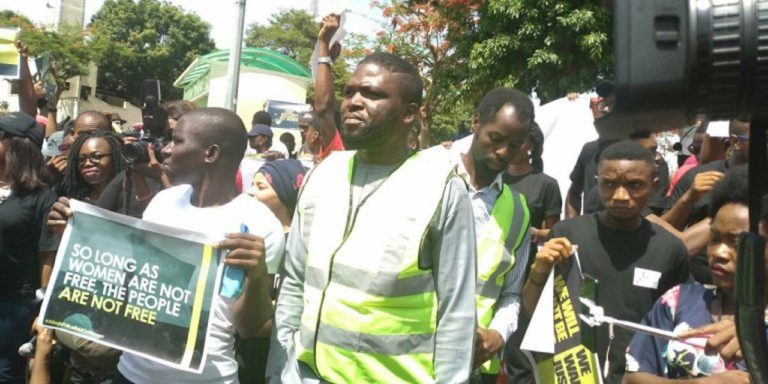
The Abuja moment brought together women’s rights activists, government officials, opinion leaders, entertainment figures, and faith-based leaders to advocate and speak out against this all-too-frequent human rights violation toward women and girls. In doing so, they defied the destructive stereotypes that normalize gender inequality and condone gender-based violence. It is this advocacy led by ordinary citizens and otherwise non-affiliated women and men who are mobilizing to demand that the city be made safe for all women, men, and children that is shaping the new narrative.


